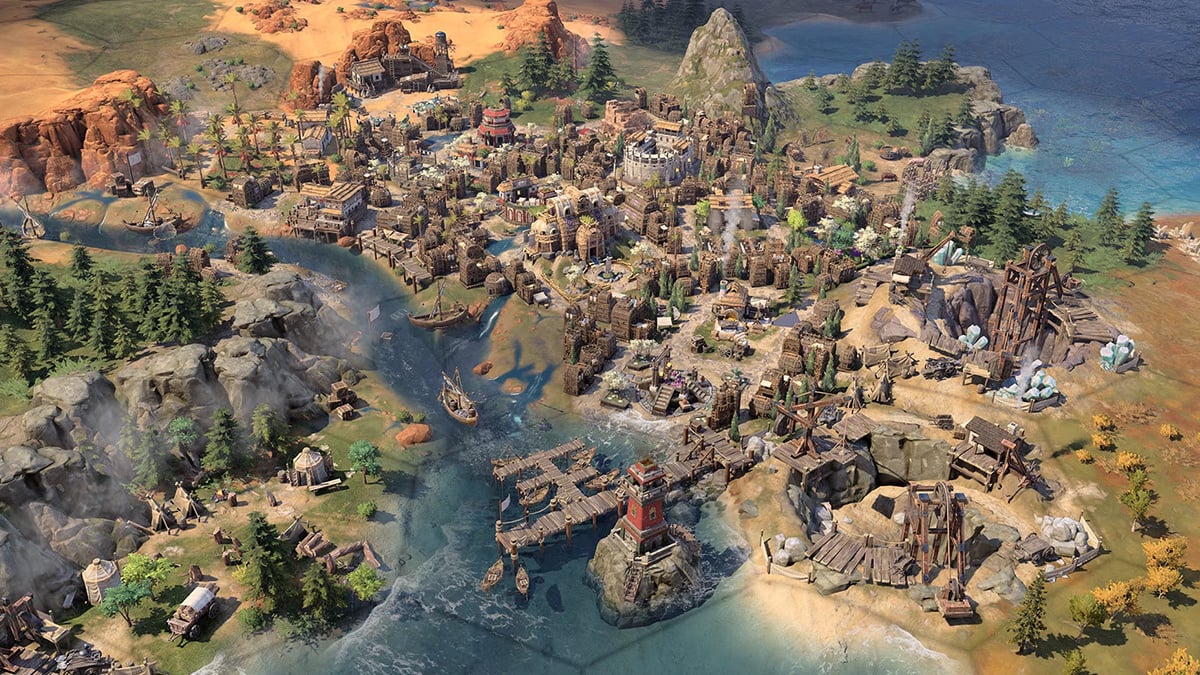Whether you’re battling across alien worlds in a real-time strategy game or managing your empire turn by turn, mastering strategic games requires more than basic gameplay knowledge. The art of strategy lies in your ability to analyze, plan, adapt, and execute decisions under pressure. In this guide, we’ll explore essential tips and best practices to help you elevate your performance in complex strategy games, regardless of genre.

Understanding What Makes a Game “Strategic”
Strategy games typically emphasize long-term planning, resource management, and decision-making over reflex-based gameplay. These games often involve managing units, resources, technology, diplomacy, and combat—sometimes all at once. Genres like RTS (Real-Time Strategy), TBS (Turn-Based Strategy), 4X, and tactical squad games each require a unique approach, but certain principles are universal.
1. Learn the Mechanics Thoroughly
Before you can master a strategy game, you must understand its mechanics:
- Economy and resources: How do you gather, spend, and optimize resource flow?
- Combat systems: Do positioning, unit types, or abilities impact the outcome?
- Tech trees: What research paths are available and how do they support your goals?
- Victory conditions: Can you win through military, diplomacy, science, or domination?
Reading tutorials, playing through campaigns, or watching experienced players will help you learn faster.
2. Always Plan Ahead
Good strategy players think several steps ahead. Anticipating your opponent’s moves, future resource needs, or potential threats allows you to make smarter decisions.
- Set short- and long-term objectives at the beginning of each match.
- Be ready to pivot based on how the game develops.
- Don’t blindly follow a build order—adjust based on the scenario.
3. Master Resource Management
Efficient resource management often separates skilled players from casual ones. Wasting time or hoarding resources can lead to defeat, even if your tactics are strong.
- Identify bottlenecks in your economy and address them early.
- Avoid overinvesting in one area at the cost of another (e.g. military vs. tech).
- Use resources to gain advantages—not just to hoard power.
4. Adaptability Is Key
No strategy survives first contact with the enemy. As conditions change, your ability to adapt on the fly becomes critical.
- Watch your opponent’s actions closely and adjust accordingly.
- Don’t lock yourself into a plan if it stops working.
- Flexibility often beats rigidity in complex games.
5. Learn From Defeat
Losing is part of the process. Top strategy players study their losses carefully to understand what went wrong.
- Rewatch replays or match history to spot mistakes.
- Was your economy too weak? Were you out-positioned?
- Ask yourself: “What would I do differently next time?”
6. Know Your Opponent
In multiplayer strategy games, psychology and knowledge of your opponent’s tendencies can be a game-changer.
- Observe patterns in their gameplay (aggressive early pushes, turtling, tech rushing).
- Exploit weaknesses once identified.
- In ranked games, tracking your own tendencies can also help reduce predictability.
7. Control the Map
In most strategy games, controlling key areas of the map gives you an advantage—whether it’s through vision, resources, or mobility.
- Secure high-value areas early (choke points, resource nodes).
- Use scouting units or satellites to keep vision over enemy movements.
- Deny map control to your enemy to reduce their options.
8. Build Synergistic Strategies
Rather than doing “a bit of everything,” the best players create focused strategies with synergies between units, upgrades, and timing.
- Pair technology upgrades with unit compositions.
- Coordinate unit roles—front-line tanks with long-range support, for example.
- Use timing windows to strike when you’re strongest and your opponent is weakest.
9. Practice, Analyze, Repeat
Like any skill, mastering strategy games takes time and repetition. But smart practice is better than just playing endlessly.
- Focus on improving one skill per session (micro, macro, map control).
- Set goals for each match (“Try new opening,” “Improve APM,” etc.).
- Watch pro-level replays to learn techniques and build ideas.
10. Stay Mentally Sharp
Complex games can be mentally taxing. Take breaks, stay hydrated, and don’t play fatigued. A sharp mind leads to better decisions and faster adaptation.
Conclusion
Mastering strategy games is about much more than memorizing build orders or overwhelming enemies with numbers. It requires critical thinking, adaptability, foresight, and continuous self-improvement. Whether you’re fighting for galactic dominance in a 4X game or commanding a squad in a tactical RPG, these tips will help you improve and enjoy the strategic process. Embrace the challenge, study your craft, and lead your forces to victory!